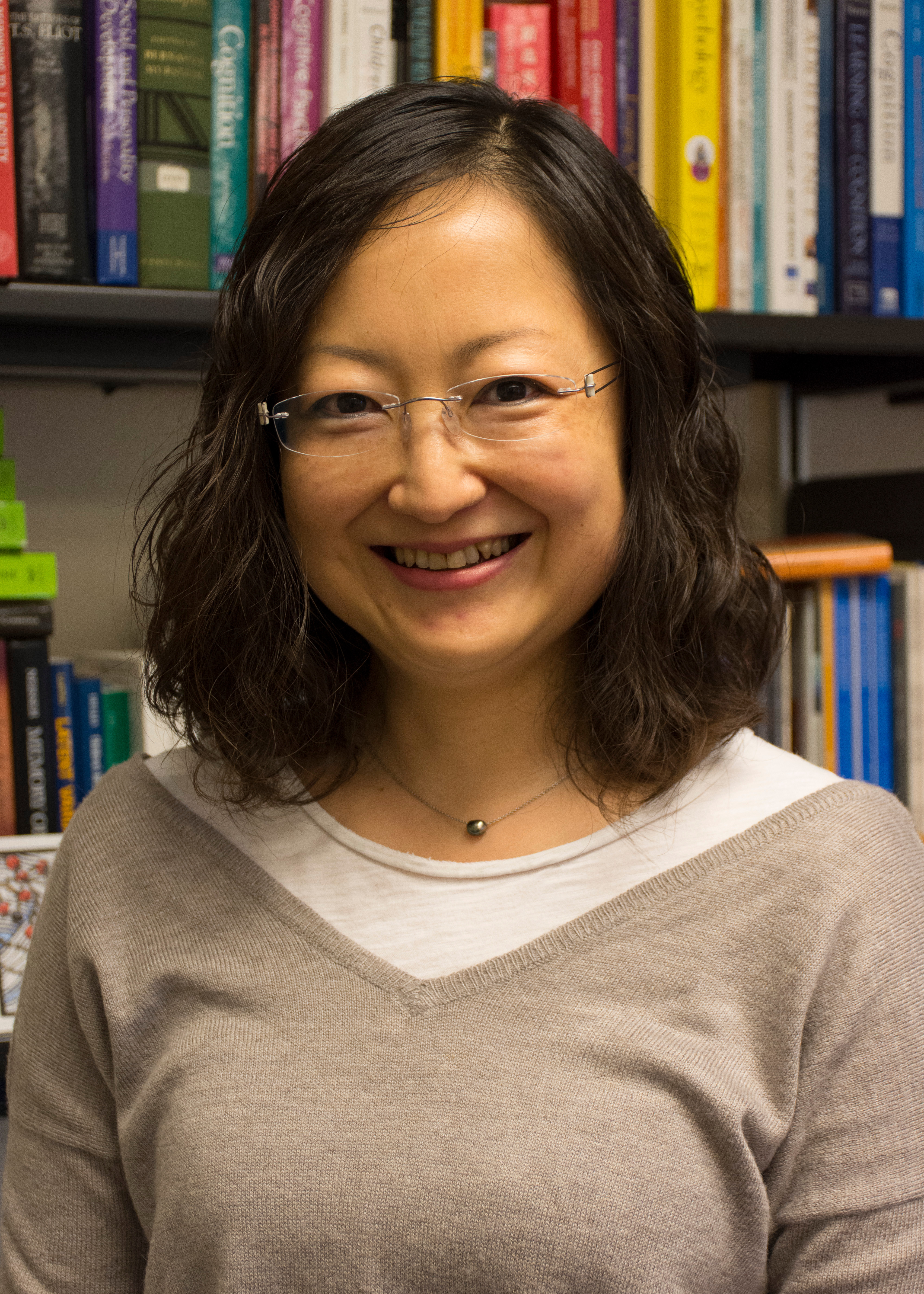Qi Wang , Human Development Chair and Professor, and Director of the Culture & Social Cognition Laboratory is a leading researcher in the study of memory and culture. In January 2021, Dr. Wang begins a 5-year appointment as Editor of the Journal of Applied Research in Memory & Cognition (JARMAC) JARMAC is the flagship journal of the Society for Applied Research in Memory and Cognition, an international organization for researchers who study memory and cognition in the real world.
, Human Development Chair and Professor, and Director of the Culture & Social Cognition Laboratory is a leading researcher in the study of memory and culture. In January 2021, Dr. Wang begins a 5-year appointment as Editor of the Journal of Applied Research in Memory & Cognition (JARMAC) JARMAC is the flagship journal of the Society for Applied Research in Memory and Cognition, an international organization for researchers who study memory and cognition in the real world.
Wang discusses the limited generalizability of psychological research based on research subjects from Western Educated Industrialized Rich Democratic (WEIRD) societies in a podcast, "WEIRD Psychology" for the Australia Broadcasting Company's radio program, "All in the Mind with Lynne Malcolm". Top international journals publish predominantly WEIRD psychological research which is problematic because these populations are not representative of universal human populations. Wang explains how cultural psychology can address the problem. Click the arrow below to listen.
In a recent paper, Wang demonstrates how her study goes beyond WEIRD psychology by examining the effects of age, gender, ethnicity, and education on the recognition of bias in one's self versus in others. This research is timely and has direct relevance to understanding and addressing social tensions that arise from claims of bias or discrimination that in turn lead to social polarization. Wang and co-author, Hee Jin Jeon, examined whether people recognize "myside bias" (a tendency to process information in a way that supports one's own position) and "social bias" (prejudices against others based on gender, age, race, or social class) in their own thinking and behaviors as well as in those of others. They found that people attributed more biases to others than to themselves and this was more pronounced among people with strong beliefs about the existence of biases.
Also, Wang and Jeon discovered demographic differences in the perception of biases. Older adults, relative to younger adults, perceived greater myside bias in themselves and others. Similarly, people with lower levels of education perceived greater myside bias in themselves and others than those with higher levels of education. Women perceived greater myside bias than did men. They also found differences among ethnic groups; Caucasians perceived the greatest myside and social biases in themselves and others and Asians the least, with Hispanic and African Americans falling in between. Wang and Jeon suggest that bias recognition is not just the result of human cognition, but may also be affected by sociocultural factors. They call for more research to better understand these demographic differences.
Wang and Jeon also reported encouraging results of a potential intervention for reducing the lopsided bias in bias recognition. They asked participants to simultaneously judge their own and other people's thoughts, feelings, and behaviors in a situation where myside bias might occur. They discovered that when people were able to see things from the perspective of others, it raised their "social mindfulness."
Reference cited in this article:
Wang, Q., & Jeon, H. J. (2020). Bias in bias recognition: People view others but not themselves as biased by preexisting beliefs and social stigmas. PLOS ONE, 15(10), e0240232. https://doi.org/10.1371/journal.pone.0240232




 Lin Bian
Lin Bian One of the central goals in the establishment of the
One of the central goals in the establishment of the 
 APS President Suparna Rajaram invited four distinguished psychological scientists to speak about memory from cognitive, neuroscientific, cultural, and developmental approaches as part of the Presidential Symposium at the 30th Annual APS Convention in San Francisco. Watch Qi Wang's presentation, "Studying Memory Development in Cultural Context: A Multi-Level Analysis Approach".
APS President Suparna Rajaram invited four distinguished psychological scientists to speak about memory from cognitive, neuroscientific, cultural, and developmental approaches as part of the Presidential Symposium at the 30th Annual APS Convention in San Francisco. Watch Qi Wang's presentation, "Studying Memory Development in Cultural Context: A Multi-Level Analysis Approach".